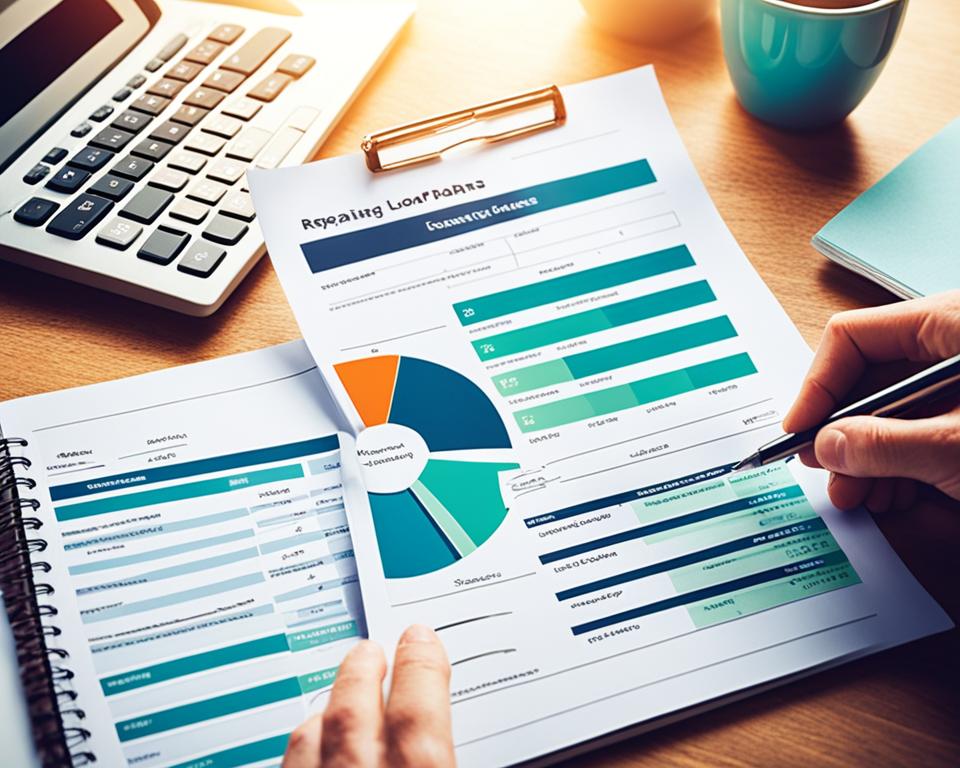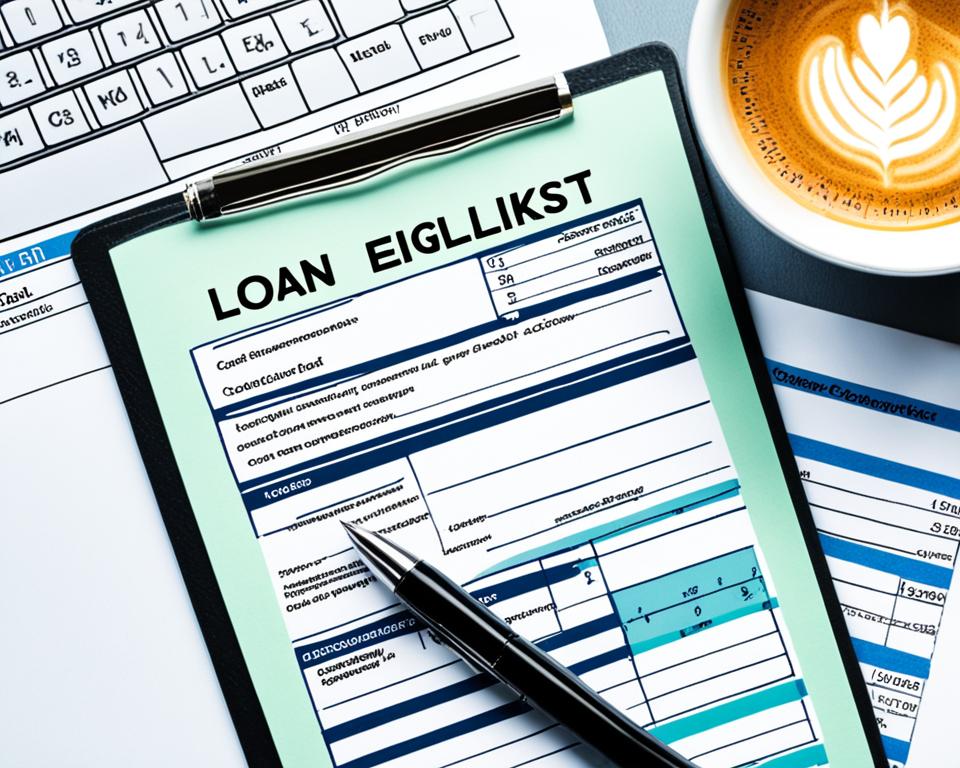Determining Your Budget
Determining Your Budget is an essential step in the homebuying process. It involves assessing your financial situation and determining how much you can comfortably afford to spend on a house. One important factor to consider is your monthly income. Evaluate your take-home pay and consider any other sources of income or financial obligations you may have. This will give you a clearer picture of how much you can allocate towards your housing expenses.
Once you have a thorough understanding of your income, it’s time to assess your expenses. Take a detailed look at your monthly bills, such as rent, utilities, loans, and credit card payments. Don’t forget to account for miscellaneous expenses, such as groceries, transportation, and entertainment. Subtracting your total expenses from your income will give you an idea of how much you have left each month to put towards your housing costs. It’s important to be realistic and conservative in your estimate to ensure financial stability and avoid overstretching your budget.
Evaluating Your Current Financial Situation
One important step in the homebuying process is evaluating your current financial situation. This involves taking an honest look at your income, expenses, and overall financial health to determine if you are ready to take on the financial responsibility of owning a home.
Start by examining your monthly income and comparing it to your monthly expenses. Calculate your net income after deducting taxes, insurance, and other withholdings. Then, analyze your monthly expenses such as housing costs, utilities, transportation, groceries, and discretionary spending. This will give you a clear picture of your financial commitments and how much money you have available to put towards homeownership. Additionally, consider your current savings and emergency fund to ensure that you have a sufficient financial cushion before venturing into homeownership.
Saving for a Down Payment
Saving for a down payment is a crucial step in the process of becoming a homeowner. It requires discipline and careful financial planning. One effective strategy is to establish a dedicated savings account specifically for your down payment. By setting aside a portion of your income each month, you can slowly but steadily accumulate the funds you need. It is also helpful to explore other savings options, such as high-yield savings accounts or certificates of deposit, which can offer higher interest rates to help your money grow faster. Remember, the key is to be consistent and committed to your savings goal, making it a priority in your overall financial plan.
Another approach to saving for a down payment is to cut back on expenses and redirect those funds towards your savings. This may involve making some sacrifices in your current lifestyle, such as eating out less frequently or reducing entertainment expenses. It can also be beneficial to review your current monthly expenses and look for areas where you can make adjustments. For example, re-evaluating your monthly subscriptions or negotiating lower rates for services such as insurance or cable can free up extra cash for your down payment savings. The more you can trim your expenses and redirect those funds towards your down payment, the faster you will be able to reach your goal of homeownership.
Managing and Paying Off Debt
One of the key steps in achieving financial stability and preparing for homeownership is effectively managing and paying off debt. It is important to understand the impact that debt can have on your financial health and ability to qualify for a mortgage. Start by taking stock of all your debts, including credit card balances, student loans, and car loans. Evaluate the interest rates, minimum monthly payments, and total outstanding amounts for each debt. This will give you a clear picture of your overall debt load and help you prioritize which debts to tackle first.
To effectively manage and pay off debt, it is crucial to create a budget that allocates a portion of your income towards debt repayment. Identify areas where you can cut back on expenses and redirect those savings towards paying down your debts. Consider implementing strategies such as the debt snowball or debt avalanche method, which involve either paying off smaller debts first or focusing on higher interest debts. Whichever method you choose, be consistent and disciplined in making regular payments towards your debts. Keep in mind that the goal is not only to eliminate debt but also to improve your credit score, as this will be an important factor in qualifying for a mortgage with favorable terms.
Improving Your Credit Score
Improving your credit score is crucial when it comes to securing a favorable loan for your future home. Lenders rely heavily on your credit history to determine your level of financial responsibility. Therefore, taking steps to improve your credit score can greatly increase your chances of being approved for a mortgage with favorable terms.
One way to start improving your credit score is by making all your payments on time. Timely payments demonstrate your ability to manage your finances responsibly. It is also important to keep your credit utilization ratio low by using only a small percentage of the credit available to you. Additionally, regularly reviewing your credit report for any errors or inaccuracies and addressing them promptly can help boost your credit score. By being proactive and diligent in managing your credit, you can pave the way for a better borrowing experience when purchasing a home.
Researching Loan Options
When it comes to purchasing a home, one of the most important aspects to consider is financing. Researching loan options is crucial in order to secure the best mortgage for your needs. There are various types of loans available, each with their own set of terms and conditions. It is important to explore all options and compare the different loan programs before making a decision.
One key factor to research is the interest rates offered by different lenders. Interest rates can significantly impact the overall cost of your loan and your monthly mortgage payments. By comparing interest rates from different lenders, you can identify the most competitive rates and potentially save thousands of dollars over the life of your loan. Additionally, it is important to understand the various types of loans available, such as conventional loans, FHA loans, and VA loans, and determine which one aligns best with your financial situation and goals. Conducting thorough research on loan options will empower you to make an informed decision and ensure you secure the most favorable mortgage terms for your new home.
Calculating the Costs of Homeownership
Once you have determined your budget and evaluated your current financial situation, it is important to calculate the costs of homeownership. Owning a home comes with various expenses beyond the monthly mortgage payment. These costs can include property taxes, homeowners insurance, utility bills, maintenance and repairs, and any homeowners association fees. It is crucial to consider these expenses when determining if you can afford to purchase a home.
To calculate the costs of homeownership, start by researching the property tax rates in the area where you plan to buy a home. These rates can vary depending on factors such as location and property value. Contact the local tax authority or visit their website to find out the specific rates. Additionally, factor in the cost of homeowners insurance, which will protect your investment in case of any unforeseen events. Obtain quotes from different insurance providers to get an idea of how much this expense could be. By accurately calculating these costs upfront, you can ensure that you are fully prepared for the financial responsibilities that come with homeownership.
Tracking and Budgeting for Homeownership Expenses
Tracking and budgeting for homeownership expenses is a crucial aspect of managing your finances efficiently. Once you have purchased your dream home, it is vital to keep a meticulous record of all expenses related to homeownership. This includes not only mortgage payments but also property taxes, insurance premiums, utility bills, maintenance and repair costs, and any other associated expenses. By actively tracking these expenses, you can gain a comprehensive understanding of your financial obligations and develop a realistic budget to ensure that you can comfortably meet all your homeownership expenses.
Budgeting for homeownership expenses involves careful consideration of your income and projected expenses. Begin by examining your monthly income and comparing it to your fixed expenses, such as mortgage payments and property taxes. Then, factor in variable expenses, such as utilities and maintenance costs, which may fluctuate from month to month. It is advisable to allocate a certain percentage of your income towards a savings account dedicated solely to covering homeownership-related expenses. By regularly depositing funds into this account, you can build a financial buffer to handle unexpected costs that may arise over time. Additionally, utilising budgeting apps or spreadsheets to track and categorise your expenses can provide you with a clear overview of where your money is going and help you make informed financial decisions.
Working with a Financial Advisor
While it may seem daunting to navigate the complex world of personal finance, working with a financial advisor can provide invaluable guidance and support. A financial advisor can help you develop a comprehensive financial plan tailored to your specific goals and circumstances. They can offer expertise in areas such as budgeting, saving, investing, and retirement planning, helping you optimize your financial resources and make informed decisions.
One of the primary benefits of working with a financial advisor is their ability to provide objective advice. They can analyze your current financial situation, assess your risk tolerance, and offer personalized recommendations that align with your long-term objectives. Additionally, a financial advisor can assist you in identifying potential blind spots or areas for improvement in your financial plan, giving you a holistic view of your financial health. By partnering with a trusted professional, you can gain confidence in your financial decisions and feel more secure about your future.
Developing a Long-Term Financial Plan
Developing a long-term financial plan is crucial for ensuring financial stability and achieving your future goals. A solid financial plan involves setting clear objectives and mapping out strategies to achieve them. Start by identifying your short-term and long-term financial goals, whether it’s saving for retirement, buying a home, or funding your children’s education. Once you have established your goals, consider the timeframes and the financial resources required to achieve them.
Next, evaluate your current financial situation and determine the steps needed to reach your objectives. This includes assessing your income, expenses, assets, and liabilities. Take into account any existing investments, savings accounts, and debts. By understanding your current financial status, you can better determine how much you need to save and invest each month to reach your desired future financial milestones. Additionally, consider any potential risks or obstacles that may impact your plan, such as job security, market fluctuations, or unforeseen expenses. Overall, developing a long-term financial plan provides a roadmap to guide your financial decisions and helps you stay on track to meet your future goals.




